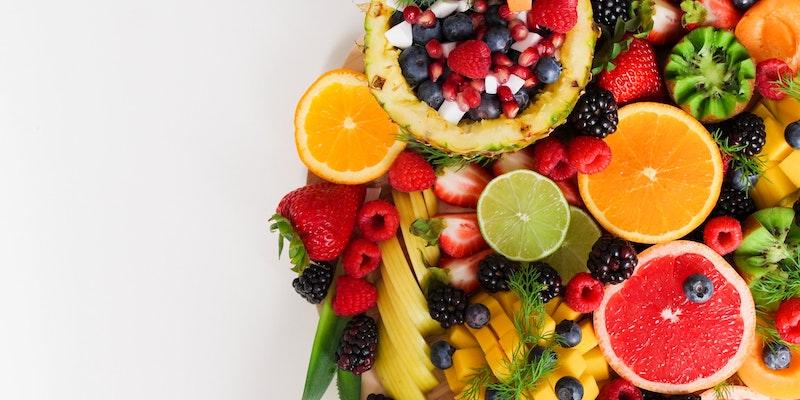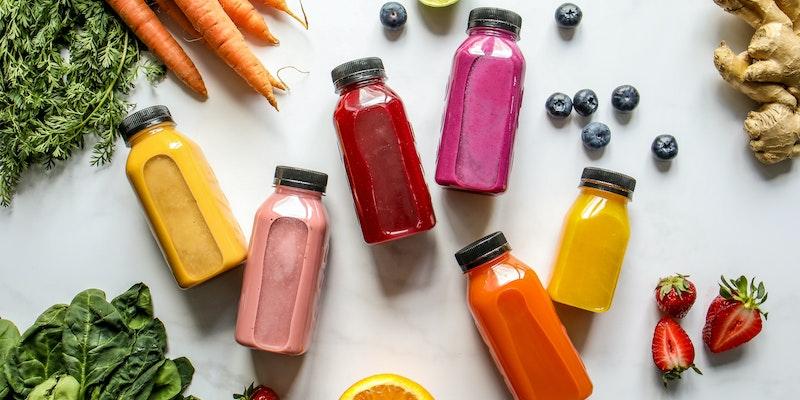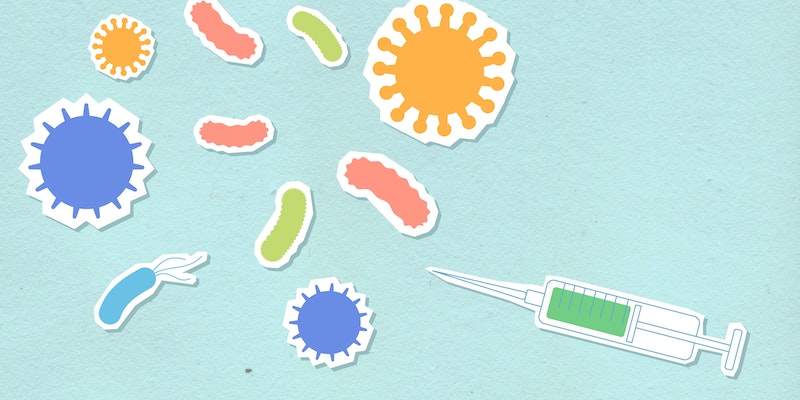Optimal Nutrition for Vaginal Health: Top Foods to Consider
Oct 01, 2023
Maintaining optimal vaginal health is essential to a woman's overall well-being. The foods we consume play a pivotal role in fostering a balanced internal environment. This article delves into the significance of incorporating a variety of foods that bolster vaginal health, focusing on probiotics for vaginal health, essential vitamins for vaginal health, and an array of other foods for vaginal health that contribute to a flourishing feminine ecosystem.
The Feminine Flora and Its Delicate Balance
Vaginal health is closely intertwined with the delicate balance of bacteria in the vagina. Lactobacilli dominate this habitat, creating lactic acid to keep the pH acidic and prevent infections. Bacteria vaginosis, yeast infections, and urinary tract infections can occur from this imbalance. Adding healthful foods helps maintain this balance.
Top Foods for Vaginal Health

Yogurt
Yogurt is lauded for its probiotic properties. Its Lactobacillus bacteria promote good bacteria and prevent harmful bacteria, creating a healthy environment. Regular yogurt consumption maintains vaginal flora and contains yeast and bacterial vaginosis.
Cranberries
Cranberries are rich in antioxidants and antibacterials. They reduce UTIs by preventing bacteria from sticking to urinary tract walls. Regularly consuming cranberries or cranberry juice can be particularly beneficial for women prone to UTIs.
Garlic
Garlic’s anti-microbial properties make it an indispensable component for maintaining vaginal health. It combats yeast infections and supports the growth of Lactobacillus, fostering a balanced vaginal flora.
Fruits and Vegetables
A diet abundant in fruits and vegetables is pivotal for overall health. Rich in essential vitamins, minerals, and antioxidants, they bolster the immune system and combat inflammation. Leafy greens, bell peppers, and citrus fruits are particularly beneficial in maintaining vaginal wellness.
Omega-3s
Omega-3 fatty acids in salmon, flaxseeds, and walnuts reduce inflammation and increase blood flow. Boosting the reproductive system and reducing vaginal dryness, they are crucial to a vaginal health diet.
Whole Grains
Whole grains, including quinoa, brown rice, and oats, are replete with fiber, which aids in maintaining balanced blood sugar levels. Stable blood sugar levels help maintain balanced hormonal levels, thus fostering a healthy vagina.
Water
Staying well-hydrated is fundamental for overall health, and vaginal health is no exception. Water aids in maintaining optimal vaginal lubrication and flushing out toxins, reducing the risk of infections and promoting a balanced internal environment.
Soy Products
Tofu and edamame are high in phytoestrogens. In postmenopausal women, these chemicals can reduce vaginal dryness and atrophy caused by decreased estrogen.
Seeds and Nuts
Seeds and nuts, including almonds and pumpkin seeds, are nutrient powerhouses. They provide essential vitamins and minerals, such as Vitamin E and zinc, vital for immune function and skin health, promoting a healthy vaginal ecosystem.
Avocado
Avocado, packed with healthy fats and Vitamin B6, is a boon for vaginal health. It aids in maintaining the walls of the vagina, promotes healthy lubrication, and helps regulate hormones, making it an invaluable addition to a health-conscious diet.
Dark Chocolate
With its high antioxidant content, dark chocolate can improve mood, promote healthy circulation, and foster a balanced gut flora. Consuming dark chocolate in moderation can offer several benefits, making it a delightful way to encourage vaginal wellness.
Green Tea
Green tea is known for its antioxidant and anti-inflammatory qualities. Regular green tea consumption can fight dangerous germs, reduce inflammation, and enhance the immune system, promoting vaginal health.
Fermented Foods
Fermented foods like kimchi, sauerkraut, and kefir are rich in probiotics, essential for maintaining a balanced gut and vaginal flora. Incorporating various fermented foods into one’s diet can enhance the diversity of beneficial bacteria, promoting overall and vaginal health.
Edible Oils
Coconut and olive oils are antibacterial and antifungal. In cooking and topical application, they moisturize and fight infections in the vagina.
Probiotics for Vaginal Health
Kefir
Fermented milk drink kefir is high in probiotics and helps vaginal health. Its variety of helpful bacteria helps balance vaginal flora, fight diseases, and improve health.
Kimchi
This fermented vegetable Korean specialty is delicious and high in probiotics. Consuming kimchi regularly contributes to a balanced internal ecosystem, safeguarding the delicate vaginal environment.
Sauerkraut
Sauerkraut is another probiotic-rich meal. Regular consumption aids in fostering a conducive environment for beneficial bacteria, thereby enhancing vaginal health and immunity.
Essential Vitamins for Vaginal Health

- Vitamin A protects the vaginal and uterine tissues, making it vital to vaginal health. Sweet potatoes, carrots, kale, spinach, apricots, and bell peppers are rich in this vitamin, which boosts immunity.
- Due to its immune-boosting properties, vitamin C helps prevent vaginal infections. Oranges, grapefruits, lemons, strawberries, kiwi, broccoli, and Brussels sprouts are good.
- Vitamin E in almonds, spinach, sweet potatoes, avocados, and sunflower seeds controls estrogen and preserves skin and vaginal health.
- Integral for immune system function and calcium absorption, vitamin D is also associated with reduced risks of pelvic floor disorders. Sources include fatty fish, fortified foods, and sunlight.
- Energy metabolism and red blood cell formation require B vitamins, especially B6 and B12. Fortified grains, chickpeas, poultry, fish, and bananas are healthy.
- Essential for DNA synthesis and repair, folic acid contributes to overall reproductive health. Leafy greens, citrus fruits, and beans are rich sources to incorporate into your diet.
The Detrimental Effects of Sugar and Processed Foods
We must acknowledge the negative impact of sugar and processed diets on vaginal health. These can change pH, promote hazardous microorganisms, and cause illnesses. Minimizing their intake is crucial for maintaining a harmonious vaginal environment.
Lifestyle Considerations and Holistic Health
Alongside diet, several lifestyle factors contribute to optimal vaginal health. Regular exercise, stress management, adequate sleep, and healthy weight are all integral components of holistic well-being. Prioritizing these elements with a balanced diet will pave the way for a flourishing feminine flora.
Conclusion
Nurturing vaginal health through a balanced and nutritious diet is fundamental to a woman’s holistic well-being. Incorporating foods rich in probiotics for vaginal health, essential vitamins for vaginal health, and many other nutrient-dense options will foster a balanced internal environment and safeguard against infections. Hydration, lifestyle choices, and mindful consumption cultivate a harmonious and healthy feminine ecosystem. By embracing these dietary and lifestyle practices, women can fortify their defenses and flourish in their femininity.





